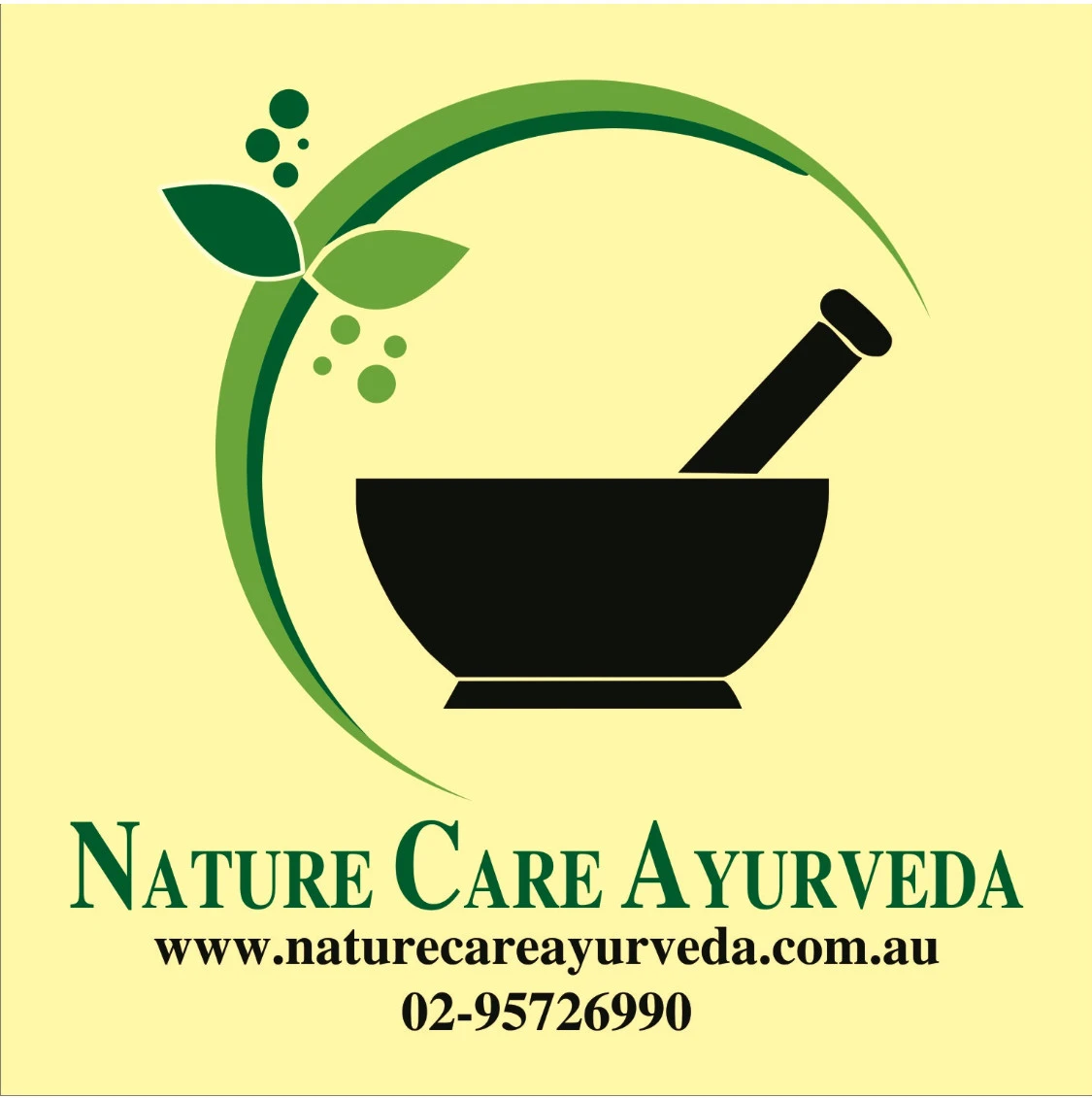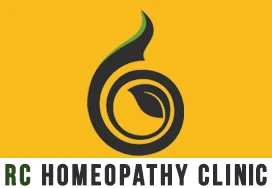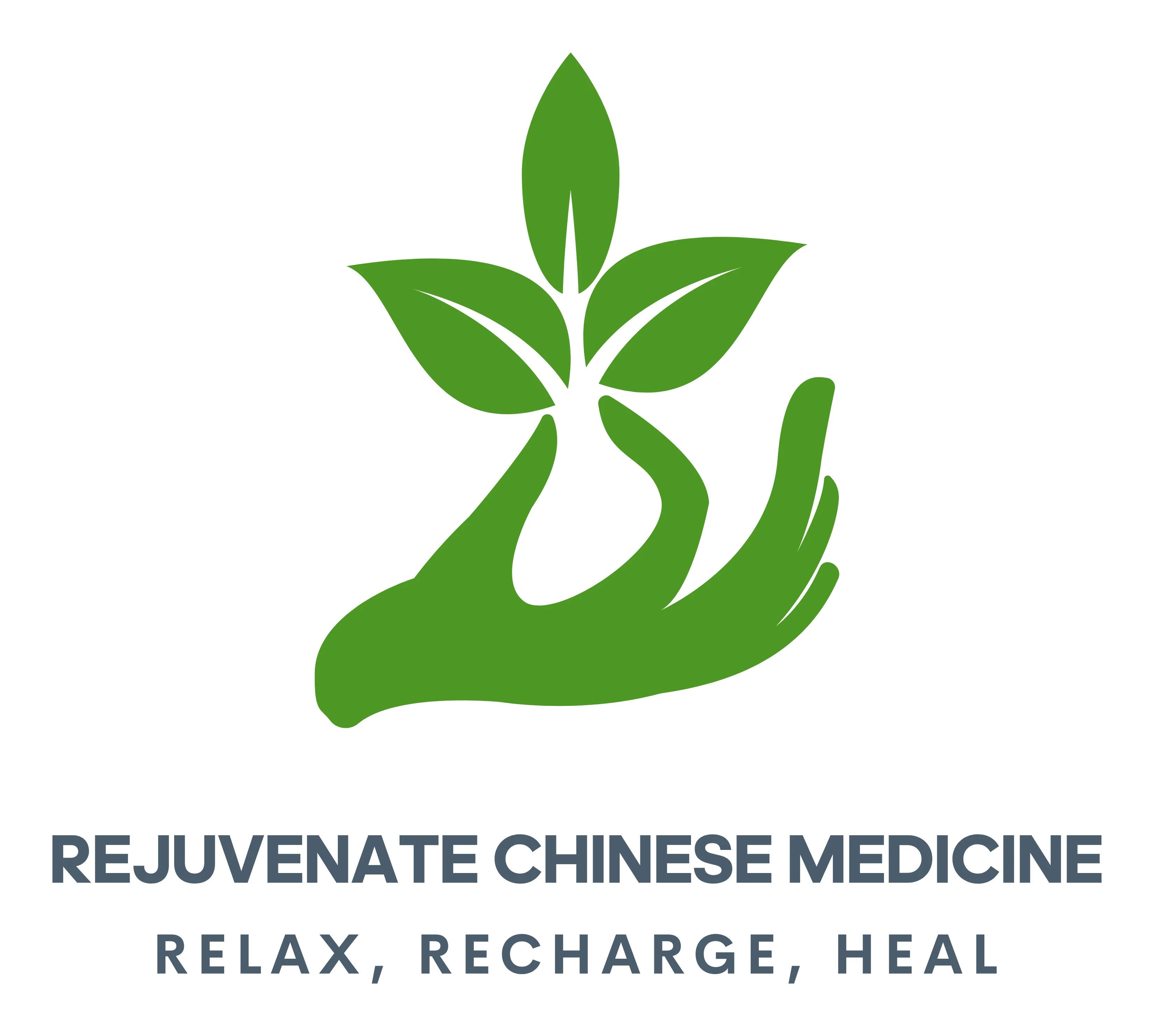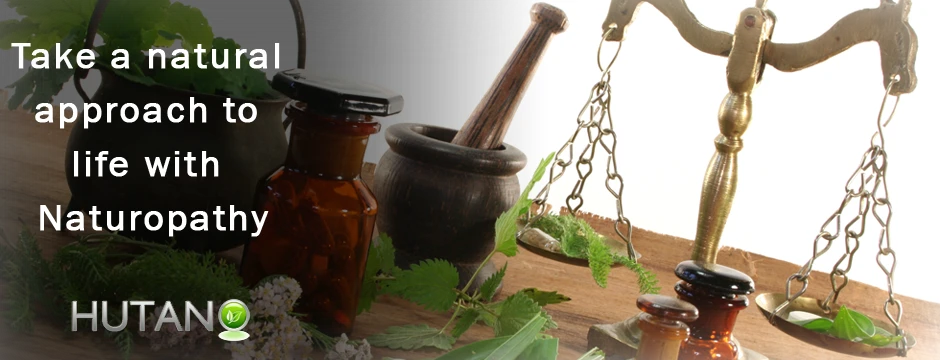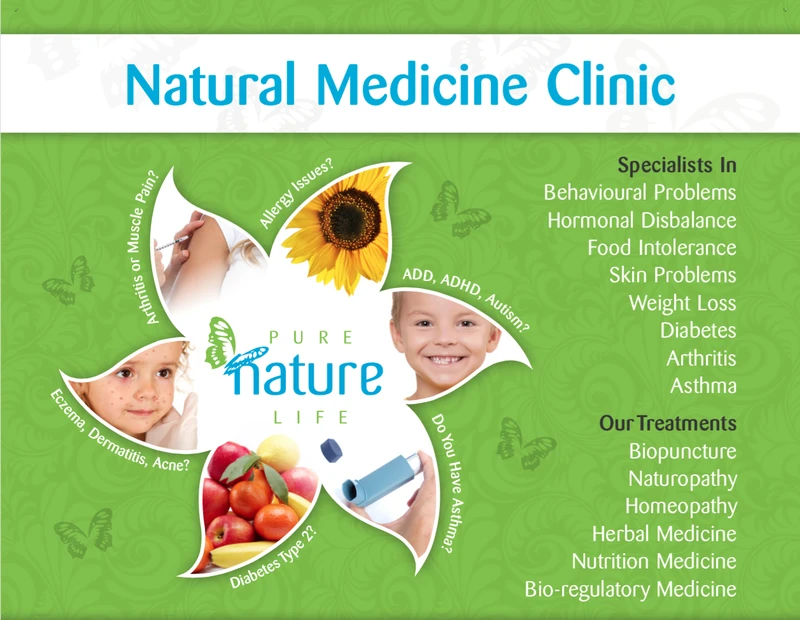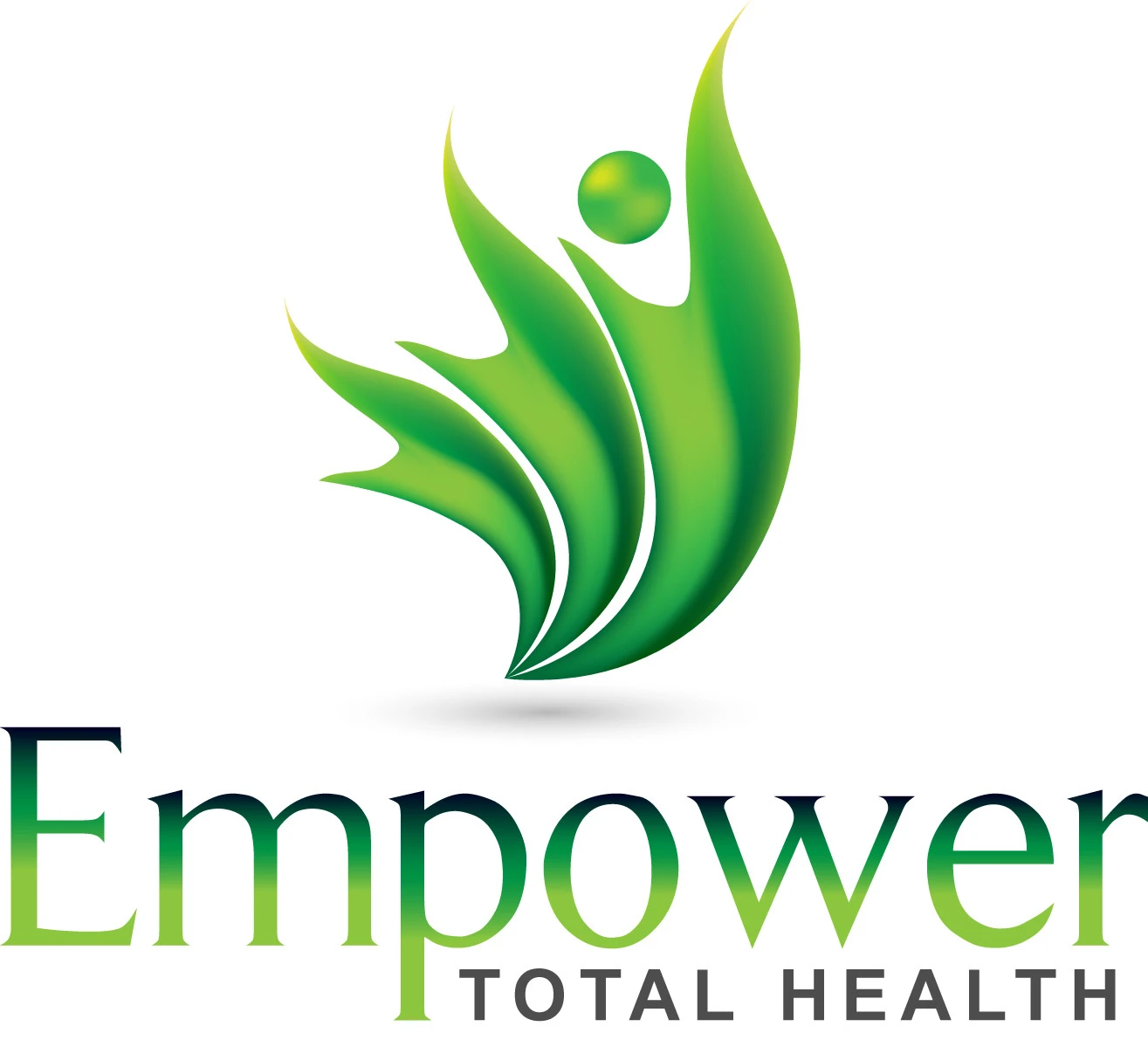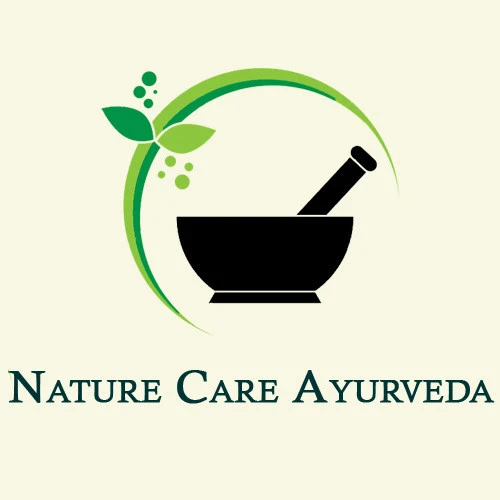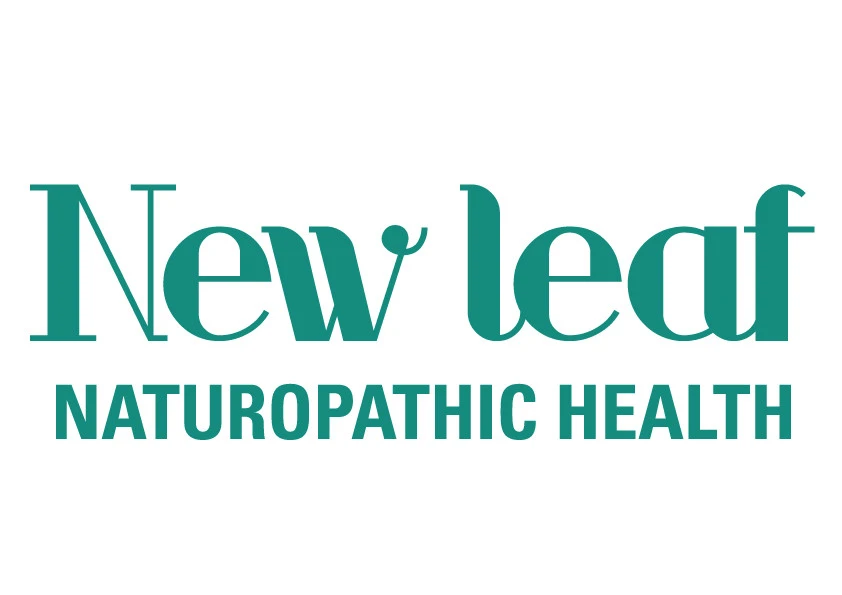
Triathlon Transition Tips
Every second counts. The poor mans practical transition tips for Triathlons. From swim to bike to run.
Read more
Eye spy a trauma cure
Accredited experts and organisations, including the World Health Organisation are giving the thumbs up to Eye Movement Desensitisation and Reprocessing (EMDR) as a way of treating trauma. Find out why.
Read more
The (Im)possibility of work-life balance
Happiness can be a delicate creature. It has to be fed, nurtured and given attention. If we are too busy to nurture it then it grows weaker. In some cases happiness becomes so weak that it seems dead, but it is merely lying dormant until it is nurtured once more. For it to remain strong we need to create and maintain a balance between things that consume our energy and things that replenish our energy. This is often referred to as work/life balance.
Read more
How you are within directly affects how well you lead.
You might lead a small team, or maybe a few hundred or even thousands of people. If you are a leader in any form within your organisation then you have either, or will need to, transform yourself into a larger possibility. Growing your business means growing yourself and taking others on the journey. And they will look to you as their leader.
Read more
Do you lose control during hypnotherapy?
Hypnotherapy uses a light or a medium trance. This means that while your conscious mind is distracted or in a state of relaxation, your subconscious mind becomes fully awake and active, thus facilitating rapid transformation. You remain in full control, aware of your surroundings and actions at all times.
Read more
Anatomical Breakdown of the Squat
. Being a highly functional exercise the squat provides strength for real life daily activities as oppose to simply being able to push gym equipment. It is however an exercise where too often poor technique or initially too much weight is used leading to fatigue, poor technique, injury and frustration.
Read more
Fueling Success on the Court: The Role of Nutrition in Basketball
During games and practices, coaches should closely monitor players' hydration levels. Ensure that water breaks are frequent and players have access to water throughout the session. Signs of dehydration should be addressed immediately.
Read more
Buy a bike computer or use your smartphone?
Should you buy a bike computer or just use your smartphone to track your cycling activity? Some practical reasons you should take into consideration before deciding. Ultimately, we think bike computer is the way to go.
Read more
Are you suffering Adenal Fatigue?
Adrenal Fatigue is a condition that turns up when we need it least - when we're stressed! Many people may experience these symptoms and think it's associated with depression or another issue, and try to resolve the symptoms rather than permanently fixing the real problem. If you suffer from three or more of the symptoms in this article, you may be suffering from adrenal insufficiency or fatigue.
Read more
Why should I do yoga?
When practised under the guidance of experienced teachers, yoga can serve as an effective pain management method. Along with easing the pain of arthritis, back pain, headaches and more, yoga will relieve tension in parts of your body you weren’t even aware of.
Read more
Losing weight isn’t just about eating less!
These are some common pitfalls people can overlook within their journey to losing weight. However, there are over 100 reasons and interactions that can alter weight loss.
Read more
What's the difference between Restorative + Yin Yoga?
In a pose it’s encouraged to let go of muscular involvement to target the deeper connective tissues of the body such as fascia Some schools of Yin will teach Yin as a ‘cold’ practice, done without a warm-up as a way to protect students from going in to the held stretches too deeply In poses, you might be guided through mindfulness techniques to draw your awareness to letting your muscles relax, to target your ligaments, fascia and joints instead Yin might be considered a useful practice for building bone density
Read more
What is The Buteyko Breathing Method?
'Is disease driving the breath, or is the breath driving disease?'
Read more
The healing sounds of nature
Sounding in nature is one of the most powerful things you can do for your soul. We have all had moments of being outside, at the beach, or in the bush where we have been overwhelmed by the urge to call out, to sing, to scream, to cry or to laugh. This Expert Contribution shares the experience and talks about the benefits.
Read more
What does an Osteopath even do??
We get it. Lots of people don’t really know exactly what we do. First of all, it doesn’t help that our name is a massive misnomer, a relic of the past where bony “alignment” was emphasised far more than what we know to be useful today.
Read more
Over-the-counter vitamins or Practitioner-only supplements: what's best?
Have you ever looked at that bottle of fish oil or 'shelf stable' probiotic sitting on the dusty supermarket shelf and wondered to yourself: “How long has THAT been there? Am I just wasting my money?” This article looks at the truth about supplements and explains where you can get the most benefit.
Read more
5 great things about mobile personal training
'Functional fitness' is a trendy term. Basically it means you exercise in a way which is more like movements you do in daily life. This includes picking things up, putting things down, getting up and down from a chair.
Read more
Yoga for Beginners: A Comprehensive Guide to Getting Started
Discover the essentials of Yoga, including styles like Hatha and Yin Yoga, with this beginner's guide.
Read more
Just breathe – 3 calming techniques for you and your child
Check-in with yourself in this very moment. How are you feeling right now? Take a minute to watch what your breath is doing. If you are relaxed you will find that your breath is slow and calm. If you’re having a difficult day you may find that your breath is short and shallow. Our breath centres how we feel and it influences how we respond to what is happening around us.
Read more
WHAT IS THE POSTERIOR CHAIN?
The Posterior Chain is also important in the stability of your knee, hips and spine. Therefore, if these muscles are strong, it may result in a decreased risk of both sporting and general injury.
Read more





